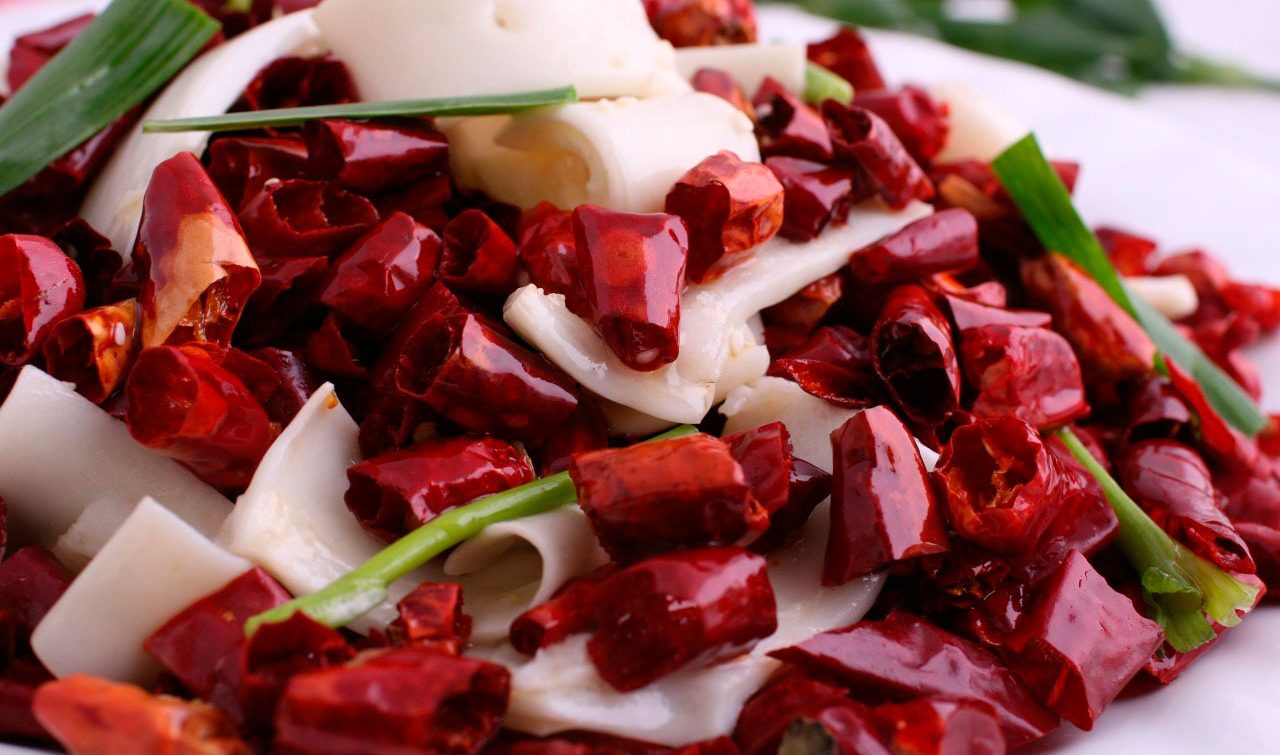How to Live Longer: Eat Spicy Foods

A variety of spices may offer health benefits that include fighting cancer, and maybe even how to live longer.
It’s been said that variety is the spice of life. But the variety of spices may support life itself.
Many studies of individual herbs and spices have shown that they have bioactive effects on humans, from controlling glucose levels to weight loss.
Those have mostly been small-group observational studies, however, and didn’t reflect a relationship that is population based.
YOU MIGHT ALSO LIKE: Adding Turmeric to Your Food Could Protect Your Health
How to live longer: Eat spicy foods?
A study in China, however, did look at data collected from nearly a half million people ages 30 to 70 that analyzed their consumption of spicy food. The result was a tentative finding that people who lived longer ate spicy foods.
Compared with those who ate spicy foods less than once a week, those who consumed spicy foods 6 or 7 days a week showed a 14 percent relative risk reduction in total mortality. “Inverse associations were also observed for deaths due to cancer, ischemic heart diseases, and respiratory diseases,” the study authors said.
In addition, those who ate spicy meals once or twice a week were 10 percent less likely to die during the study period.
Folk medicine has used spices for eons to combat specific ills, applying an observational approach of beneficial health effects. In particular, some believe capsaicin – the ingredient in chili peppers that adds fire to many ethnic dishes – suppresses appetite, leading to weight loss; kill prostate cancer cells, reduce inflammation and high blood pressure, and fight cancer.
There is also supposition that some spices have antibacterial properties that might improve health in your gut.
Besides chilies, spices studied that may have health benefits include cumin, turmeric, cardamom, cinnamon, ginger, and black pepper.
Cumulatively, some researchers believe they have anti-tumor activities, aid in appetite suppression, lower glucose, aid in digestion and absorption of nutrients, have anti-inflammatory properties, and aid in cholesterol absorption.
YOU MIGHT ALSO LIKE: How to Cut Back on Sugar
Curcumin, a component of turmeric, has been studied in clinical trials for 25 years, and has been found to modulate cell signaling pathways.
A study of those clinical trials says “some promising effects have been observed in patients with various pro-inflammatory diseases including cancer, cardiovascular disease and arthritis, and Crohn’s disease,” among other conditions.
Nutrition scientist Umesh Rudrappa also credits allspice, anise seed, capers, coriander, mustard seed, saffron, vanilla, beans, horseradish, cloves, fennel seed, nutmeg, and tamarind as having health benefits.
“There is accumulating evidence from most experimental research to show the benefit of spices or their components on human health,” said Lu Qi, an associate professor at the Harvard University School of Public Health and co-author of the Chinese study.
More research is needed
He acknowledges that population studies evaluating spicy food and mortality have been lacking. Even with the study of hundreds of thousands of Chinese diets, “it’s an observational study within a single culture,” Daphne Miller, associate clinical professor at the University of California-San Francisco told CNN.
Still, Miller says the findings are “plausible” because a variety of spices have high levels of phenolic content, or chemicals with nutritional and anti-inflammatory properties.
The Baseline of Health Foundation adds “the primary benefits may actually reside in the biochemicals that provide the heat.”
“Cayenne is extremely beneficial for the circulatory system, helping to improve the elasticity of the walls of both the arterial and venous systems, maintain normal blood platelet function, and helping maintain normal blood pressure if already within a normal range throughout the body.”
YOU MIGHT ALSO LIKE: 8 Breakfasts to Improve Your Energy and Mood
Updated:
April 09, 2020
Reviewed By:
Christopher Nystuen, MD, MBA